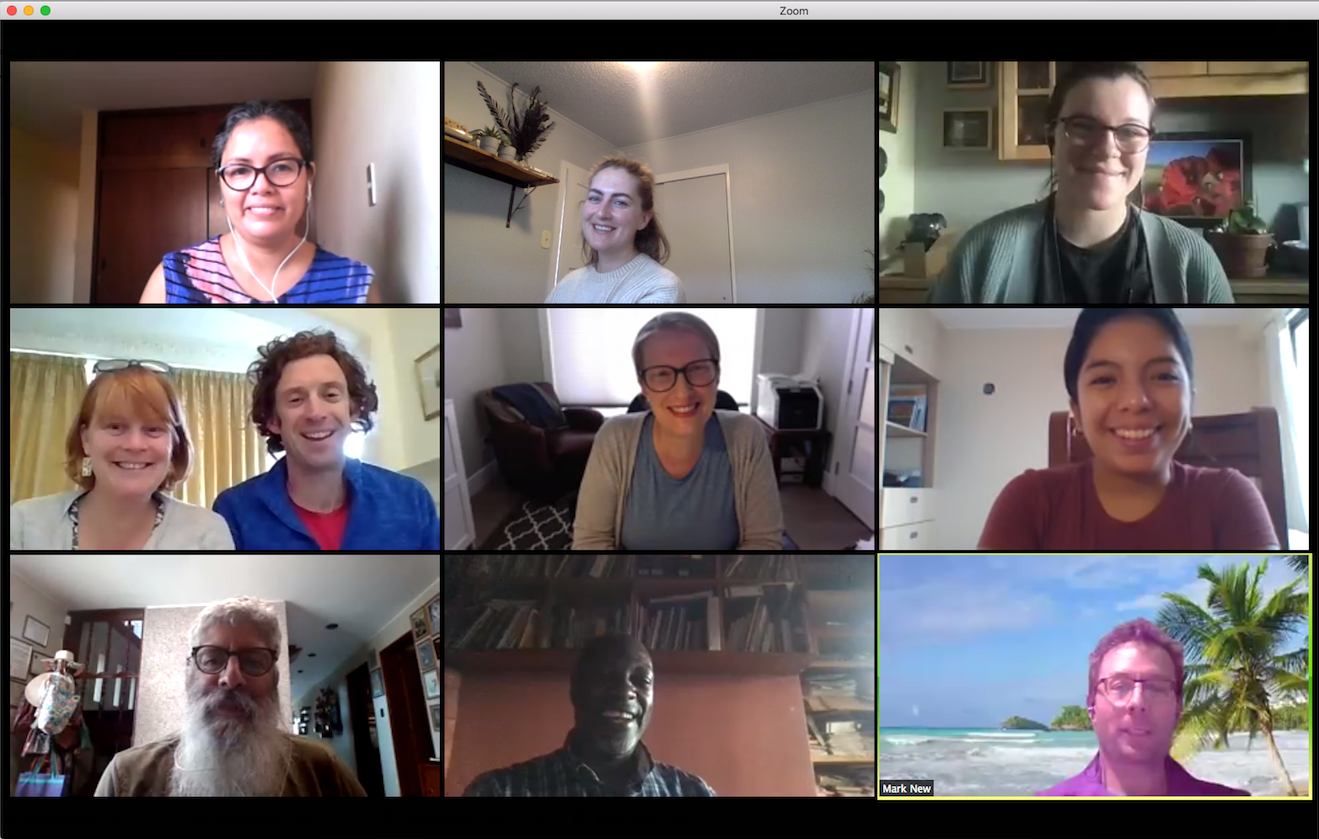A results dissemination meeting was held in the Shawi community of Nuevo Progreso, Peru, in August 2018. The meeting was facilitated by IHACC team members Carol Zavaleta and Guillermo Lancha, and attended by community members and leaders from the Peruvian National Indigenous Development Association (AIDESEP)[i].
Rocilda Nunta, a female youth Indigenous leader, and Indigenous Apu Richard Rubio (Amazonian Indigenous leaders are referred to by the Quechua word Apu), vice president of AIDESEP, expressed their appreciation to the community for receiving them, as it was their first visit to a Shawi community. Dr. Carol Zavaleta presented her PhD thesis findings about climate change, food, and nutritional security, while Guillermo Lancha, a local IHACC research assistant, facilitated interpretation.
During the meetings, Rocilda also shared information about her work experience on food security adaptation to climate change with Quechua women in the neighboring region of San Martin. She provided practical examples of how women can organize local crop production for both food and cash income, and emphasized the importance of promoting food and nutrition security via the utilization of local Indigenous crops and animals.








